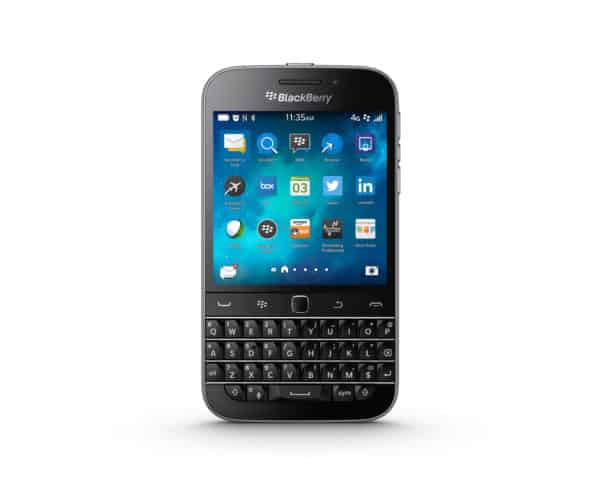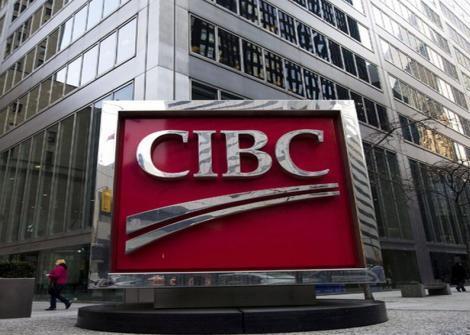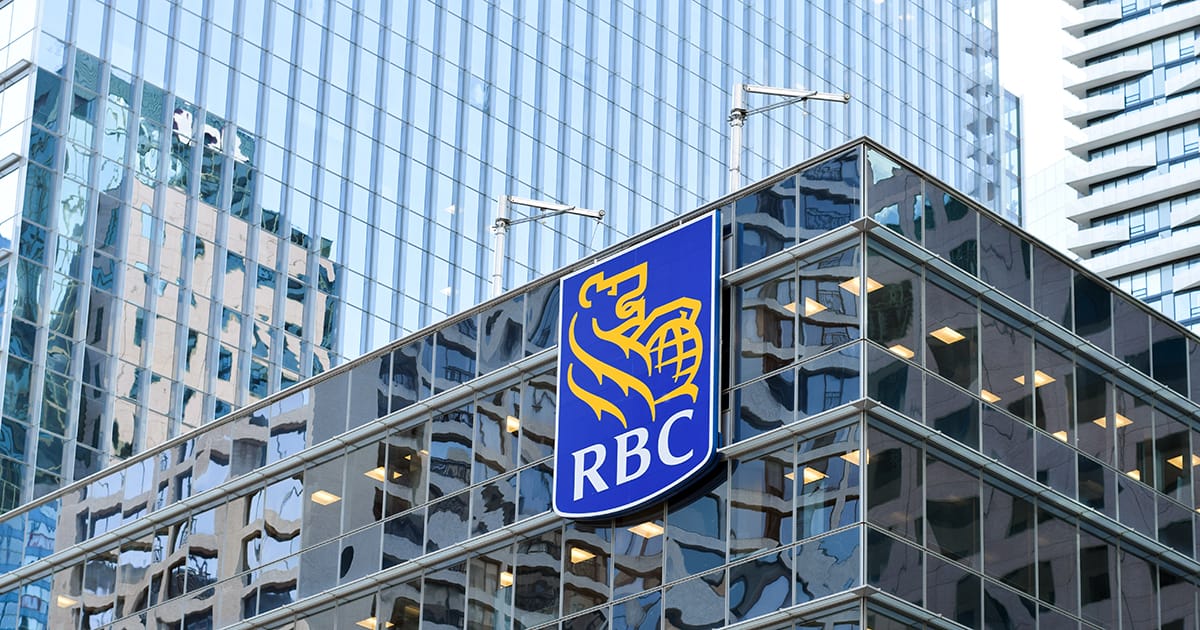‘Never say never’ on a 5G phone, says BlackBerry CEO

Its cellphone days may be far behind it but BlackBerry (BlackBerry Stock Quote, Charts, News, Analysts, Financials TSX:BB) CEO John Chen is leaving the door open a crack regardless.
Canadian software company BlackBerry stood by last week like the rest of us to watch the end of an era as the iconic keyboard handset reached the end of the line with the software underpinning the phones no longer being supported.
“As of this date, devices running these legacy services and software through either carrier or Wi-Fi connections will no longer reliably function, including for data, phone calls, SMS and 9-1-1 (emergency) functionality,” BlackBerry said in a blog post on January 5.
It’s quite the fall for the once world leader in smartphones based in Waterloo, Ontario, but the story is old news and clearly in the rearview mirror for Chen, who was brought on board in 2013 to right the ship and make something new out of BlackBerry’s tech and patents, just as the company’s share price was wallowing at a fraction of its value just a few years earlier.
And while the resurrection has had its ups and downs, as a software and security business focused on the connected car, Chen’s BlackBerry is now trying to convince investors of the longevity and profitability of its investments such as those in cybersecurity and its IVY platform co-developed with Amazon Web Services.
At the same time, Chen seems reluctant to completely sever ties with BlackBerry’s past. Asked at this year’s Consumer Electronic Show in Las Vegas about BlackBerry’s chances of making a new phone, Chen said in a Fox Business interview, “It’s not in our current plan but, you know, life is strange — you never say never.”
“And we have some partners that are attempting to build a 5G keyboard phone with all the technology and licenses so let’s see how successful they could be,” he said.
Chen was referring to an agreement made in August of 2020 with tech startup OnwardMobility by which the latter was granted the right to develop and bring to market a BlackBerry 5G phone. OnwardMobility had originally scheduled a release date of sometime in the first half of 2021 but no product launches have been scheduled so far, with the company posting a notice on its website two days after BlackBerry’s announcement last week of the termination of service on its phones.
Titling its post “Contrary to popular belief, we are not dead,” OnwardMobility said 2021 was a challenging year and apologized for its recent silence on updates about a new phone.
“While we encountered various delays that prevented us from shipping in 2021, we will be providing more regular updates starting this month that will clarify and answer many of your questions about the ultra-secure 5G enterprise smartphone (still with a keyboard!) we’re bringing to market,” OnwardMobility said.
As for BlackBerry, the company took the 2022 CES as an opportunity to showcase the IVY intelligent vehicle platform which the company aims at becoming the standard in terms of operating systems for cars. BlackBerry said it was the first time IVY was publicly shown on physical hardware, displaying the tech in a Jaguar I-Pace all-electric car and talking up the AI-enabled data collection and analysis capabilities of the system in connection with in-vehicle sensors.
“BlackBerry IVY allows automakers to develop a better understanding of how vehicles are used and can be improved while allowing software developers to create enhanced services and experiences for drivers,” said Vito Giallorenzo, SVP Corporate Development & Chief Operating Officer, IoT, for BlackBerry, in a press release. “Being able to see in real-time how the platform enables all this is incredibly powerful and a great a catalyst to help those from across the transportation industry re-imagine all that is possible when you have the right tool, and I’m sure there will be no shortage of these ‘light bulb’ moments when visitors see it for themselves.”
BlackBerry had an eventful year in the markets last year after getting caught up in the so-called meme stock phenomenon with companies like GameStop and AMC. BlackBerry’s share price, once trading at over C$100 almost 15 years ago, spiked in early 2021 and climbed from C$10 to as high as C$31 by late January. The stock had another peak in June and then spent the rest of the year trailing off, ending the year with a return of 40 per cent.
Last month, BlackBerry reported its third quarter 2022 results which showed revenue down about 16 per cent year-over-year to $184 million and an earnings loss of $0.05 per diluted share compared to a loss of $0.25 per share a year earlier. BlackBerry’s revenue came in the form of $43 million from its IoT business segment and $128 million from Cybersecurity. (All figures in US dollars except where noted otherwise.)



